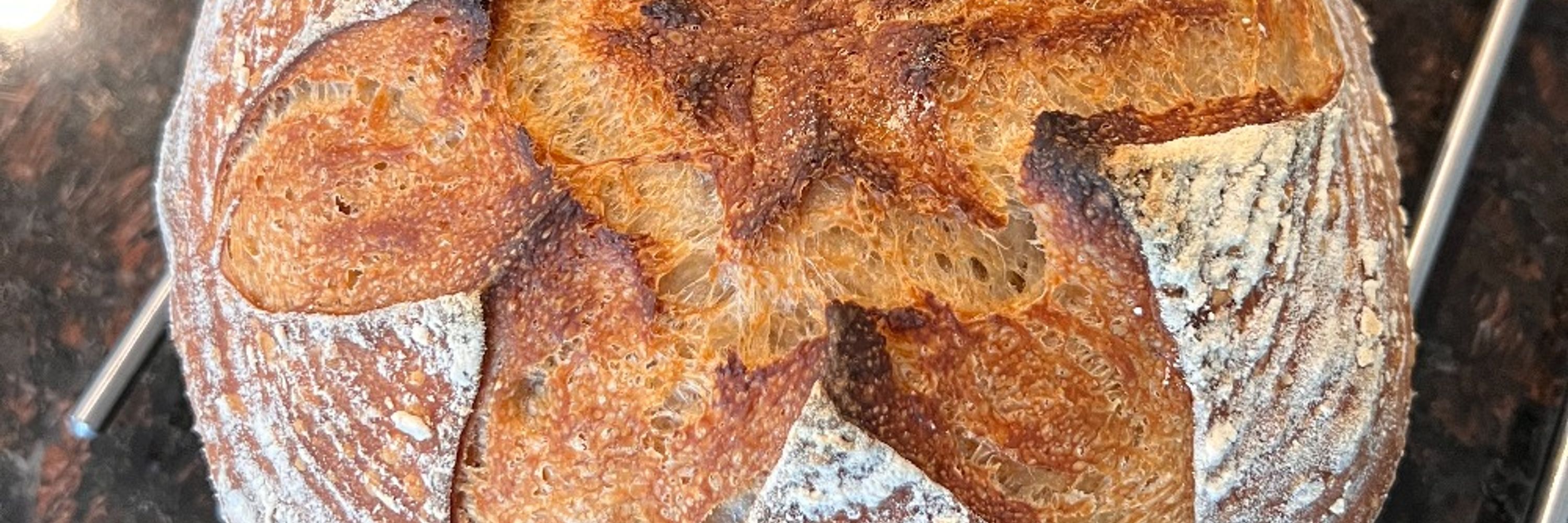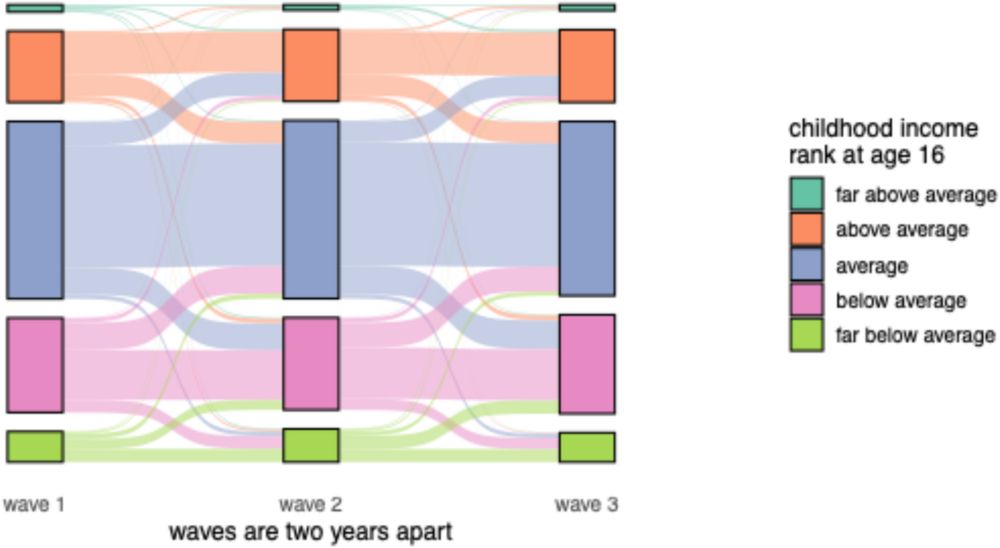Brent W. Roberts
@bwroberts.bsky.social
2.1K followers
1.5K following
490 posts
Respirating carbon-based life form. Pit of despair dweller. Bread maker. Sometimes personality psychologist at the University of Illinois at Urbana-Champaign
Posts
Media
Videos
Starter Packs
Reposted by Brent W. Roberts
Reposted by Brent W. Roberts
Reposted by Brent W. Roberts
Reposted by Brent W. Roberts
Reposted by Brent W. Roberts
Reposted by Brent W. Roberts








